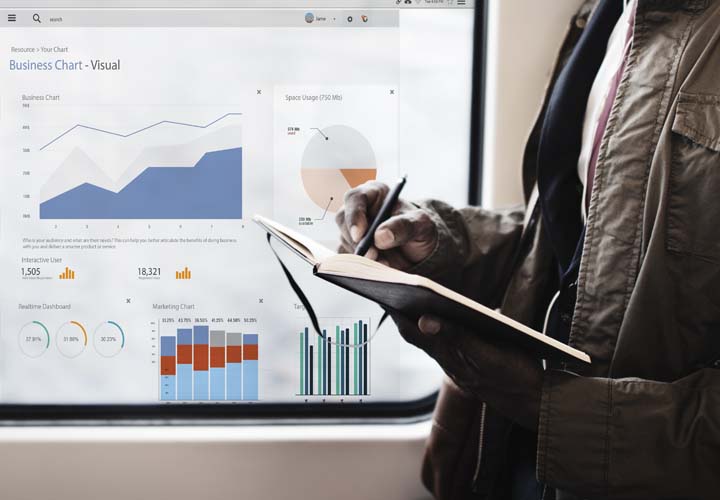
Business Software
- Business software is any software or set of computer programs used by business users to perform various business functions.
Quantity
Black Firday Offer
Buy now with a special offer
About This Product
Business software (or business applications) refers to computer programs designed to help organizations perform and optimize business functions. These applications support tasks such as accounting, customer relationship management, human resources, project management, data analysis, and workflow automation. Their primary purpose is to increase efficiency, ensure accuracy, and provide insights that improve decision-making.
Some business applications are custom-built to meet the unique requirements of a specific organization, while others are off-the-shelf products that may require configuration or light customization. Due to varying business needs, no single solution universally fits all cases, making needs assessment and solution research critical before implementation.
Applications may be interactive, where users input and manipulate data in real time, or automated/batch, where processes are scheduled or triggered without manual initiation.
Today, business applications can be categorized by scale:
-
Small businesses often rely on office productivity suites, accounting tools, and lightweight SaaS platforms.
-
SMEs (small and medium enterprises) use broader solutions such as CRM, HR management, e-commerce platforms, and project collaboration tools.
-
Enterprises adopt large-scale integrated systems such as ERP, ECM, BPM, and PLM that manage complex, organization-wide processes.
Modern business software is increasingly cloud-based, subscription-driven (SaaS), mobile-enabled, and powered by AI/ML, making it more accessible, scalable, and integrable than in the past.












Reply to Comment